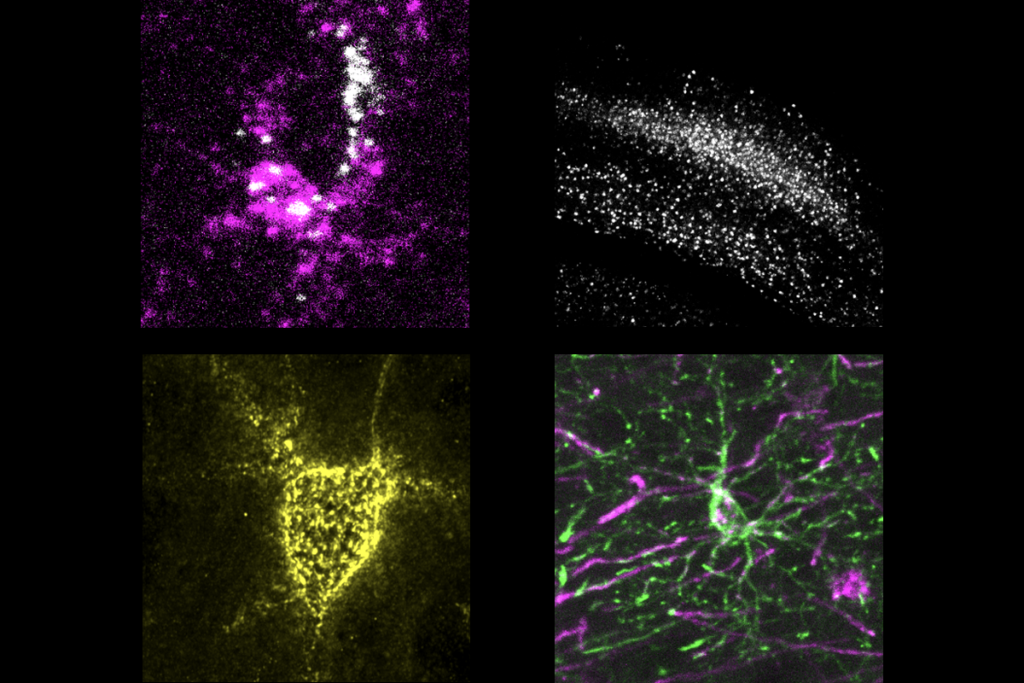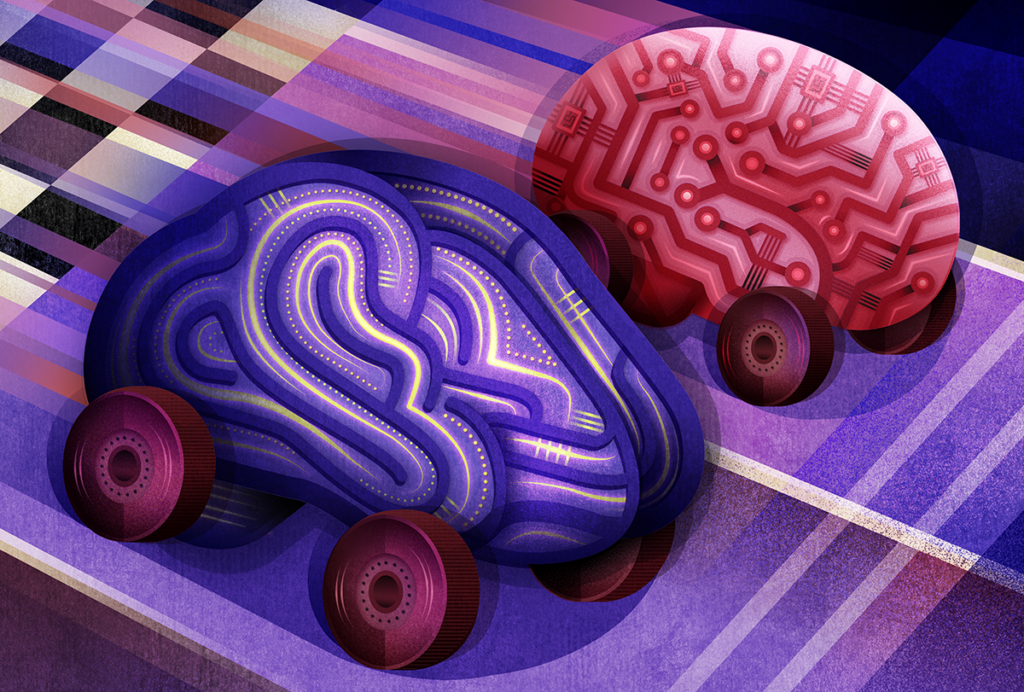Top autism gene has outsized effect on social skills
Harmful mutations in CHD8, a gene strongly linked to autism, may have more impact on social skills than do other autism-associated mutations.
Harmful mutations in CHD8, a gene strongly linked to autism, may have more impact on social skills than do other autism-associated mutations, according to unpublished results presented today at the 2016 International Meeting for Autism Research in Baltimore. The difference emerged only when researchers compared the social competencies of affected individuals with those of their parents.
The findings are further evidence that CHD8 is linked to autism-specific features, says lead researcher Raphael Bernier, associate professor of psychiatry and behavioral science at the University of Washington, in Seattle.
In the past few years, researchers have been sequencing the protein-coding regions of the genome in thousands of people with autism to identify autism gene candidates. Dozens of candidates have emerged so far. But no gene is more tightly tied to autism than CHD8.
Researchers have now identified 26 people with harmful CHD8 mutations, and all but 2 have a known diagnosis of autism, says Bernier. (These two individuals are adults living in Europe, and researchers have not been able to contact them to determine whether they have the condition.)
In the study, Bernier and his team looked at the social skills of three groups of individuals with autism. The first, the CHD8 group, included 15 people with a harmful mutation in CHD8 and 31 who have a harmful mutation in a gene regulated by CHD8. They also looked at 313 individuals with various rare harmful mutations outside the network of genes regulated by CHD8 and 1,981 people for whom no identified genetic cause for their autism has been found.
For each of these individuals, the researchers looked at his or her score on the social responsiveness scale, a self-report questionnaire that measures social ability and may be used to gauge autism severity.
Family ties:
Although autism may manifest differently among individuals, there were no significant differences in scores on that test between the groups, says Rachel Earl, a graduate student in Bernier’s lab who presented the findings. So Earl and her colleagues moved one branch up the family tree, looking at scores for the individuals’ parents.
Previous work suggests that autism-linked mutations shift individuals’ abilities in accordance with their expected ability, based on their familial genetic background. (A shift in intelligence quotient, social ability and motor skills occurs, for example, in people with a large chromosomal deletion linked to autism.)
The two groups with autism show a consistent decrease in social ability relative to their parents.
This decrease is of similar size in the people who have a harmful mutation outside the CHD8 network and those who have no known autism-linked mutations. But the people with CHD8-linked mutations show a significantly greater downward shift in social ability than do the other groups.
The results are preliminary, Bernier says, but they show that measuring the same traits in family members is the right approach. “Incorporating information about parents is really a key way for starting to tease out these important differences,” he says.
The next step, Bernier says, is to conduct similar experiments with other genes that have strong ties to autism, and to track other quantifiable traits, such as intelligence. Many autism genes are also associated with intellectual disability. The familial approach may be a way to tease apart which autism genes affect cognition more than sociability, for example, or vice versa, Bernier says.
For more reports from the 2016 International Meeting for Autism Research, please click here.
Recommended reading
Explore more from The Transmitter




